As part of the ‘Gender Sensitivity’ Week at Banyan Tree School, Lodhi Road, New Delhi an Inter-School English Debate (IX-XII) for schools in Delhi and NCR was organized on Saturday, the 19th of December, 2015 from 9:00 a.m. onward. A total of eight schools participated in the competition. Each team consisted of two participants. The first speaker spoke for the motion. The second speaker spoke against the motion. Each team was accompanied by 4 students to cheer him/her and one teacher. The team from Tagore International School, East of Kailash bagged the first position. The team from the Pinnacle School, Panchsheel Enclave was declared the first runner-up. The Best Speaker-for the motion was also from The Pinnacle School. The Best Speaker-against the motion was from Gurukul The School, Ghaziabad. The event was sponsored by IILM, Lodhi Road, New Delhi.
The jury comprised of eminent academicians like Dr.Ajanta Dutt, Ms. Nandini Guha, Dr.Mridula Anand Tandon and Mr.Rahul Mishra. Dr Ajanta Dutt received her doctorate from Rutgers, the state university of New Jersey, USA where she studied the novels of 20th Century Indian English writers. She taught for a while in Rutgers and wrote a book called Landscapes and Languages for the writing programme of the university. After her return to India, she wrote a book on Tagore’s novel, ‘Home and the World’ and an annotated textbook on the poems of Pablo Neruda, Derek Walcott and Margaret Atwood which are taught in the English honours programme of Delhi University. Dr. Dutt teaches English at Deshbandhu College, Delhi University. She is also on the editorial board of a bilingual magazine, Hindol which is published every quarter from Delhi. Ms. Nandini Guha is an Associate Professor of English at Delhi University, with over 25 years of teaching experience. She is an Alumnus of Lady Shri Ram College, Delhi and Carmel Convent School. She is also an award winning translator from Bangla to English. Her translations have been published by Katha ,Zubaan,Harvard University Press, Social Science Press etc. Dr. Mridula Anand Tandon received her MBBS degree from the University of Pune. She has worked for Poverty Alleviation through Girl Child Upliftment and Women’s Empowerment for over twenty years. She has initiated numerous other programmes for the cause of women. Dr. Tandon is also a long-time worker in gender-based social issues,helping organizations prevent sexual harassment and most recently, addressing women’s safety in communities through the “Avaaz Uthao” project with the Government of Delhi. She also personally sponsors the education of girl children from low-income families. Saakshi an NGO, is ably helmed by Dr.Tandon. Mr. Rahul K. Mishra has 18 years of work experience in teaching ,training ,academic and corporate administration. He did his Masters in International Business from the University of Delhi. He teaches courses on International Business Strategy and Entrepreneurship. He is currently the Director, Executive Education at IILM Institute and has conducted training with Bharat Heavy Electricals Limited, Engineers India Limited, National Building Construction Corporation and Concentrix Corporation for senior and top management.
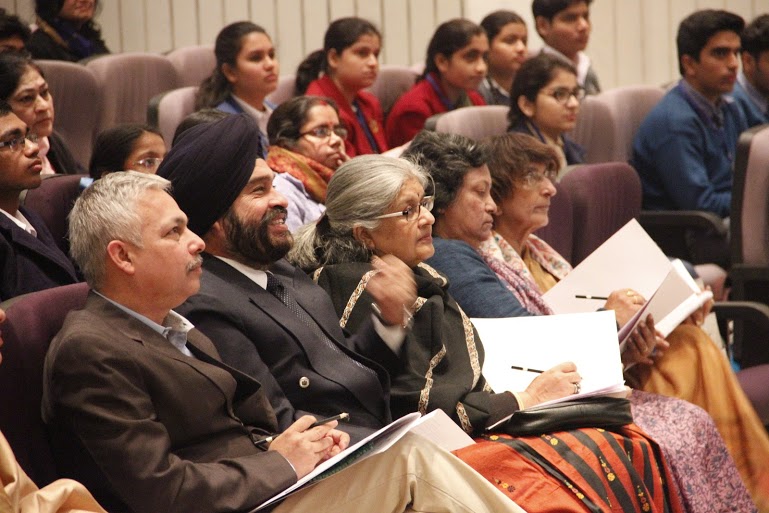
The Judges at the rebuttal round
The topics for contention were:
- Worshipping the ‘Devi’ (female deity) and killing the baby
- Gender equality must become a way of life
- Equity vs. Equality, a gender discourse
- Women are the real architects of the society
Each participant was given 3 minutes to speak. There were a total of 16 participants. Each team consisted of two participants. The first speaker spoke for the motion. The second speaker spoke against the motion. Before beginning to speak, each speaker from each team picked a chit to select a judge for the rebuttal round. The duration of the rebuttal round per participant was 3 minutes. During the rebuttal, the judge whose name was written on the chit picked by the speaker asked only one question. Banyan Tree School participated in the event but did not compete.
The judges expressed their views about the competition for over 15 minutes thereafter they were felicitated by Mr.Sanjay Srivastava, Dean, IILM. This was followed by the prize distribution ceremony. The team from Tagore International School, East of Kailash bagged the first position. The speakers were Siaa Girotra and Rohini Sharma. They got Rs.7000 each, plaques and certificates. The team from the Pinnacle School, Panchsheel Enclave was declared the first runner-up. The speakers were Yashika Choudhary and Cheena Taneja. They got Rs.5000 each, plaques and certificates. The Best Speaker-for the motion, was Yashika Choudhary from The Pinnacle School. The Best Speaker-against the motion was Navya Dhir from Gurukul School, Ghaziabad. They both got Rs.5000 each, plaques and certificates. Banyan Tree School was represented by Anugrah Singh and Bhumitra Sharma. They got the highest points but being the host school, they didn’t compete. The debate concluded with a ‘Vote of Thanks’ by Ms.Chetna Saini, followed by the school song and National Anthem.
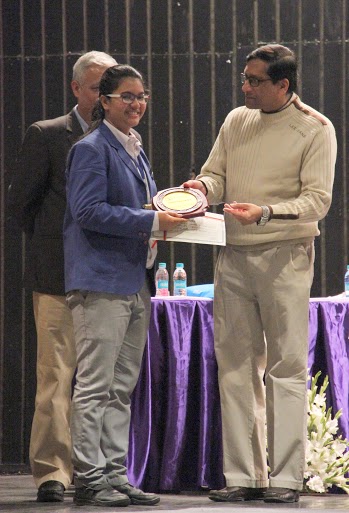 The Winning team – Tagore International School, East of Kailash
The Winning team – Tagore International School, East of Kailash 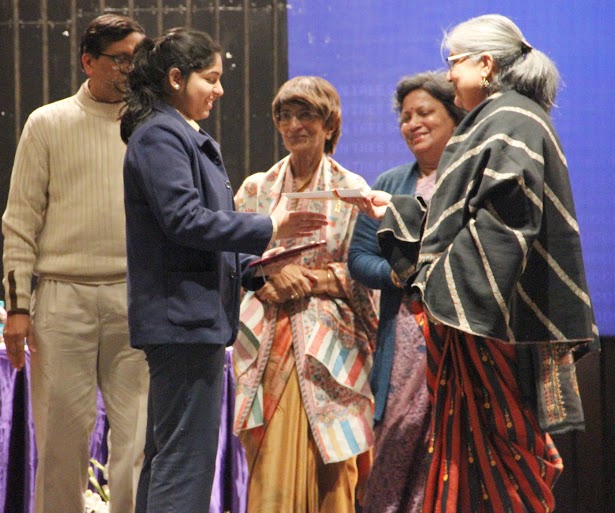
After this, the Volunteer Felicitation ceremony took place. Over 33 volunteers from classes IX, X and XI and 8 members of the choir were felicitated. These devoted students had been working tirelessly for weeks, preparing for this debate. They executed the duties assigned to them, diligently. Their sincere efforts were applauded by all.
-Written by Ms. Supriya Prathapan , TGT English , Banyan Tree School

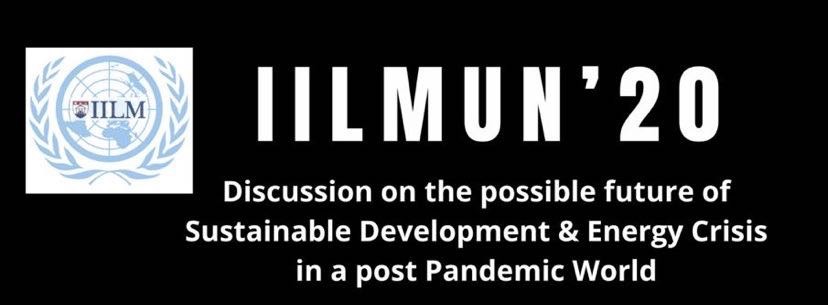
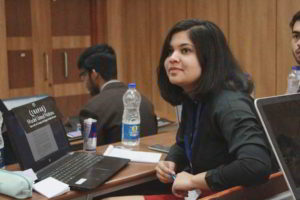
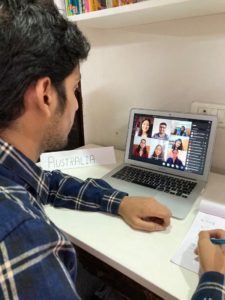
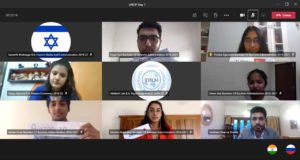
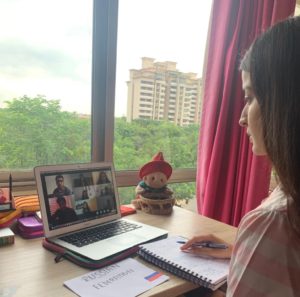
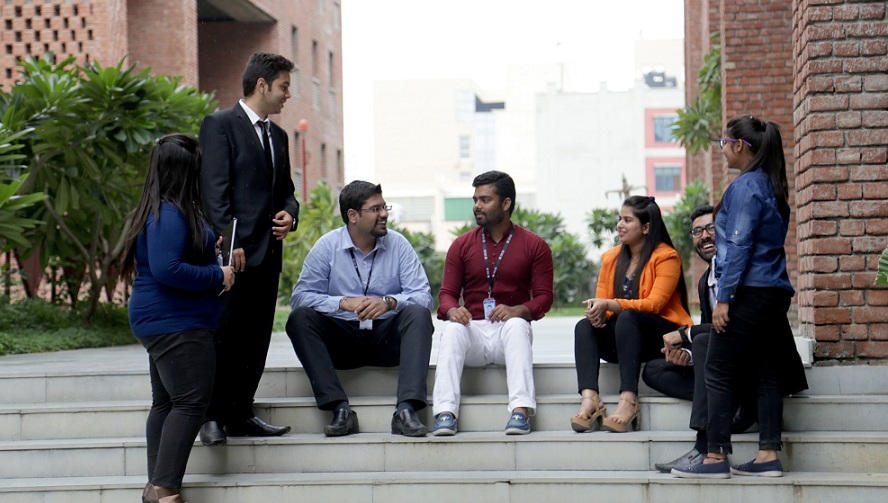
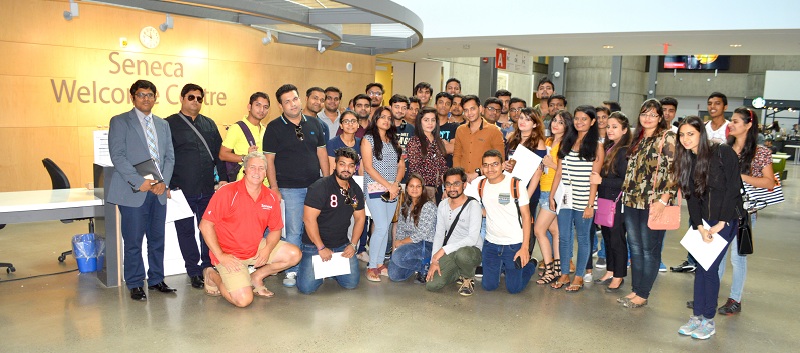
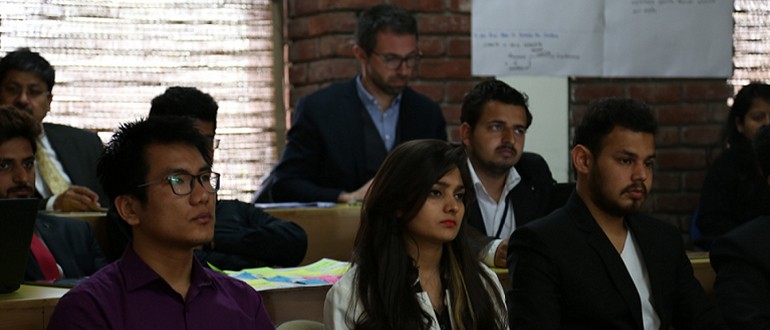
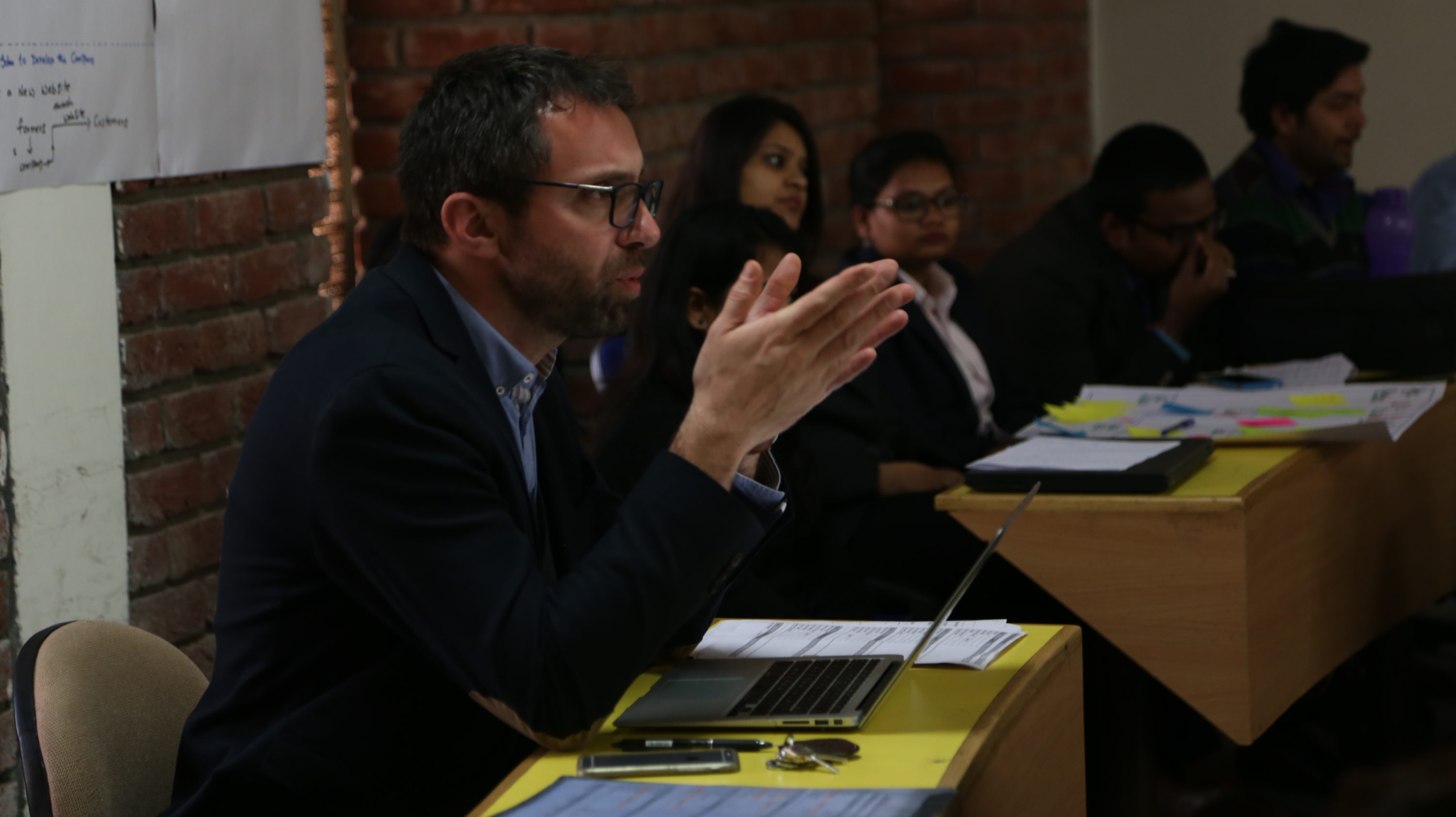

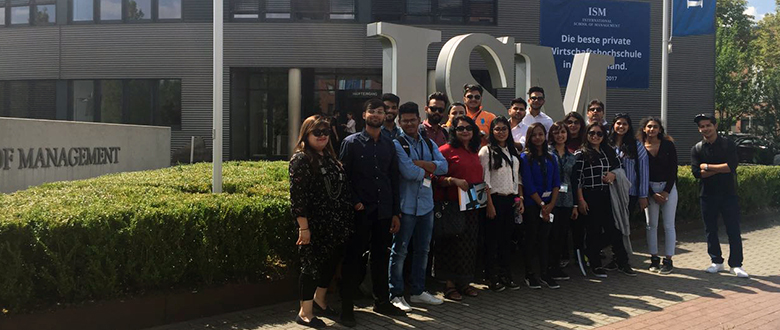
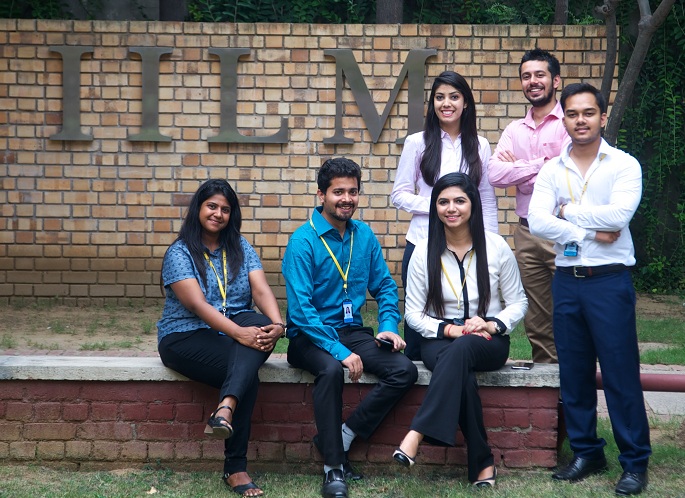
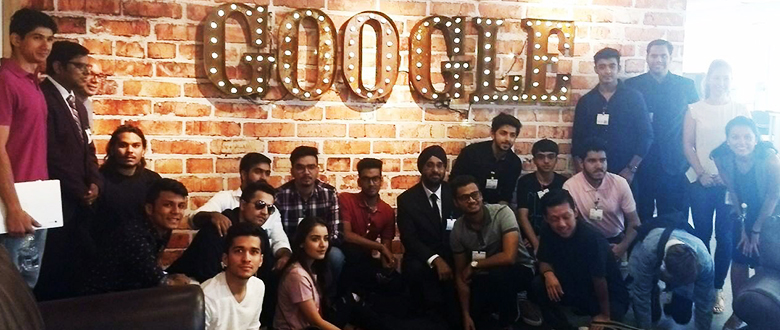


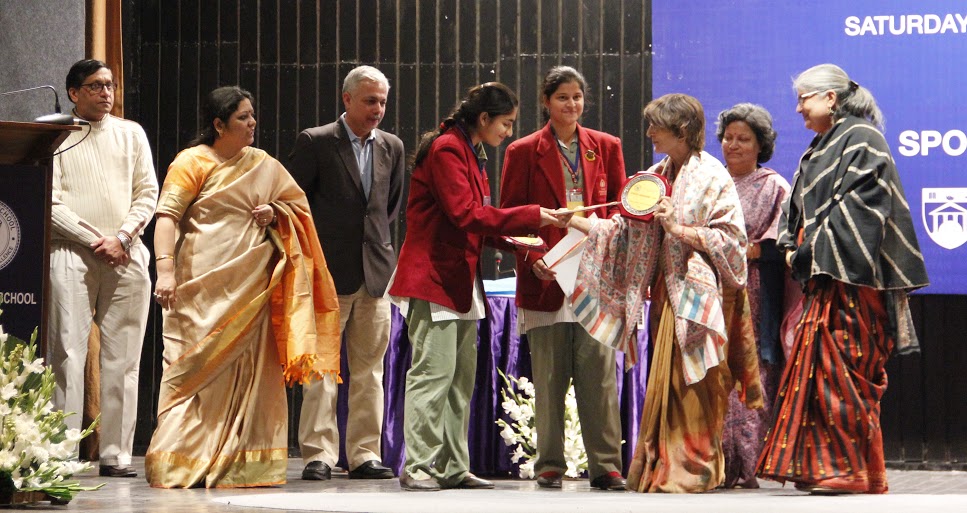

 The Winning team – Tagore International School, East of Kailash
The Winning team – Tagore International School, East of Kailash 
